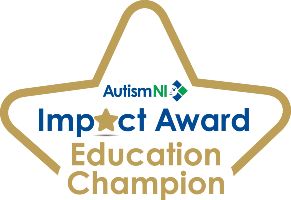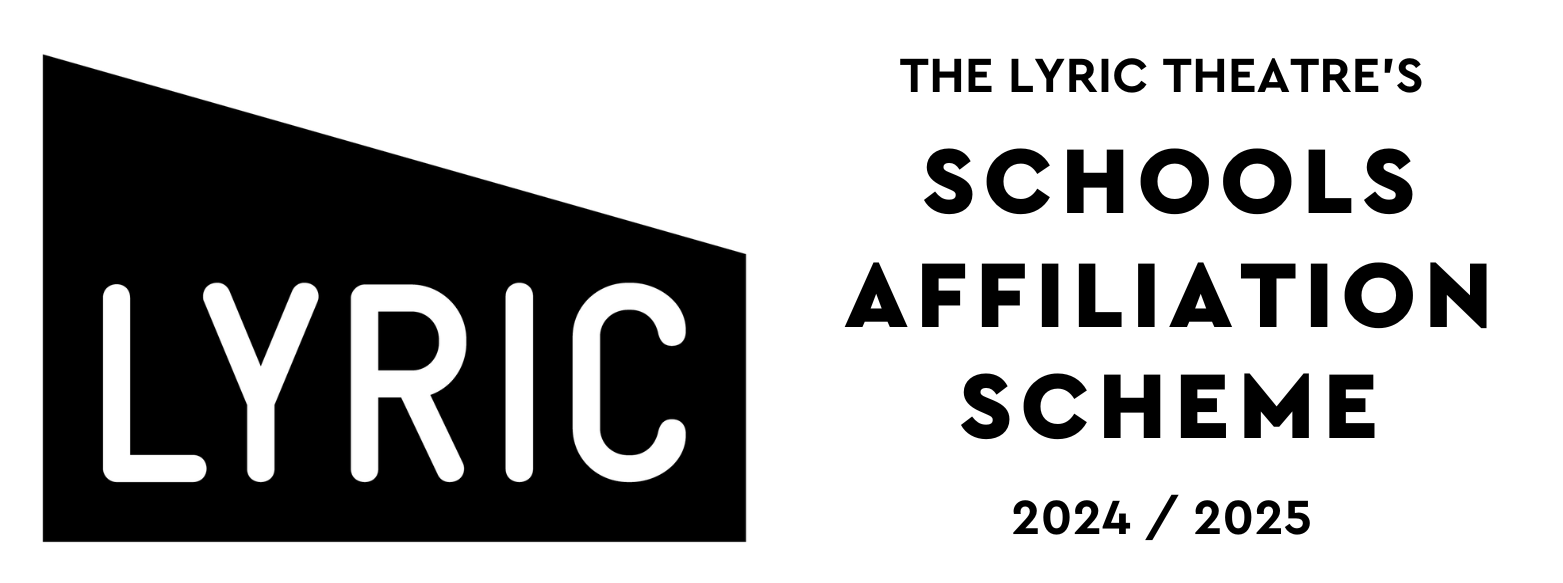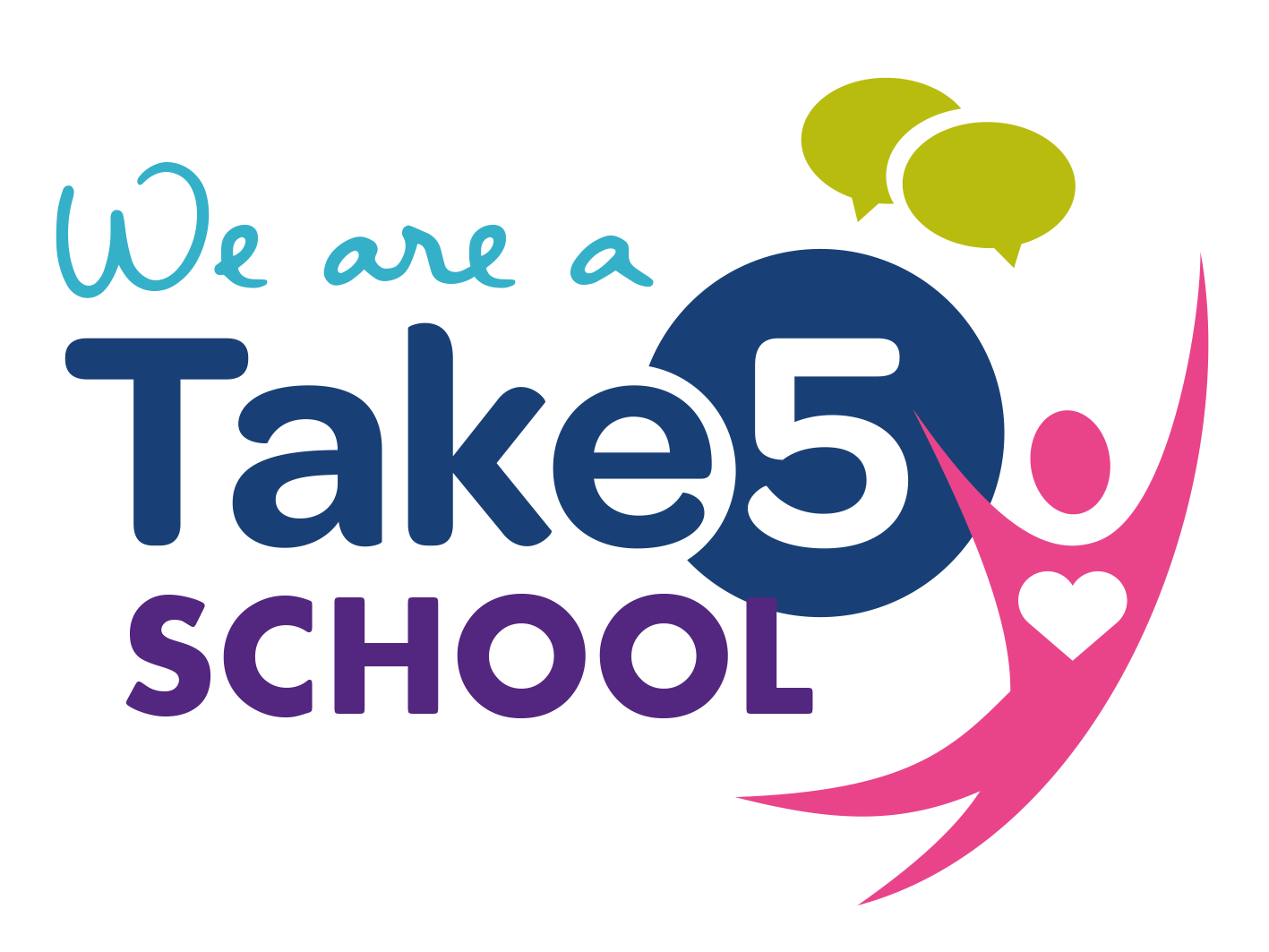Digital Technology
SPECIFIC AIMS OF THE DEPARTMENT
The ICT Department aims to:
- develop, maintain and stimulate pupils’ curiosity, interest and enjoyment in using ICT;
- develop pupils’ ability to formulate problems logically through the development of programs;
- encourage pupils to develop personal qualities such as initiative, self-confidence and independence;
- develop pupils’ ability to manage and present information effectively through the use of ICT; and
- enable pupils to develop transferable ICT skills that can be applied to problem solving situations across all subjects.
OVERVIEW OF KEY STAGE 3 CURRICULUM
At Key Stage 3, Digital Technology is delivered over three lessons per fortnight. The course aims to introduce pupils to a programming as well as equipping pupils with appropriate ICT skills in a wide range of application areas.
YEAR 8 CURRICULUM
In Year 8, pupils study the following topics:
- Basic Programming
- Moviemaking
- Word Processing
YEAR 9 CURRICULUM
In Year 9, pupils study the following topics:
- Programming
- Presentations
- Spreadsheets
Year 10 CURRICULUM
In Year 10, pupils study the following topics:
- Game Development
- Web Design
- Databases
OVERVIEW OF KEY STAGE 4 CURRICULUM
At Key Stage 4, the ICT Department offers Digital Technology (Programming and Multimedia) at GCSE Level. Pupils follow the CCEA specification. Digital Technology is delivered over six lessons per fortnight.
Unit 1: Digital Technology (30%)
This unit aims to equip pupils with knowledge and understanding of a range of technologies available for data storage, manipulation, presentation and transfer. Pupils will also evaluate the importance of data security and data legislation.
In this unit, pupils are required to study the following topics:
- Digital data
- Software
- Database applications
- Spreadsheet applications
- Computer hardware
- Network technologies
- Cyberspace, network security and data transfer
- Cloud technology
- Ethical, legal and environmental impact of digital technology on wider society
- Digital Applications
This unit is assessed in the form of a written examination. Pupils will have 1 hour to complete the assessment for this unit. Assessment of this unit will take place at the end of Year 11. Pupils’ work in this unit will be externally assessed.
Unit 2: (Multimedia): Digital Authoring Concepts (40%)
This unit aims to develop pupils understanding of the concepts involved in the development of digital systems.
In this unit, pupils are required to study the following topics:
- Digital Solutions
- Digital Development considerations
- Multimedia applications
- Data Development
- Significance of testing and developing appropriate test plans
- Evaluation of digitally authored systems against a set of user requirements
This unit is assessed in the form of a written examination. Pupils will have 1 hours 30 minutes to complete the assessment for this unit. Assessment of this unit will take place at the end of Year 12. Pupils’ work in this unit will be externally assessed
Unit 3: (Multimedia): Digital Authoring Practice (30%)
This unit aims to develop pupils’ skills in designing, developing and testing digital multimedia systems. In this unit, pupils are required to develop their practical skills by creating a website and relational database. This unit is assessed in the form of Controlled Assessment. Pupils will have 36 hours to complete the assessment for this unit. Assessment of this unit will take place at the end of Year 12. Pupils’ work in this unit will be internally assessed and externally moderated.
Unit 4 (Programming): Digital Development Concepts (40%)
This unit aims to develop pupils understanding of the trends in software development and the concepts involved in designing and building digital system using coded solutions.
In this unit, pupils are required to study the following topics:
- Contemporary trends in software development
- Digital data
- Digital design principles
- Programming constructs
- Simple error handling techniques
- Developing test plans and testing a solution
- Evaluation of digitally authored systems against a set of user requirements
This unit is assessed in the form of a written examination. Pupils will have 1 hour 30 minutes to complete the assessment for this unit. Assessment of this unit will take place at the end of Year 12. Pupils’ work in this unit will be externally assessed.
Unit 5 (Programming): Digital Development Practice (30%)
This unit aims to develop pupils’ skills in designing, developing and testing coded solutions.
In this unit, pupils are required to create a digital solution using C#.
This unit is assessed in the form of Controlled Assessment. Pupils will have 36 hours to complete the assessment for this unit. Assessment of this unit will take place at the end of Year 12. Pupils’ work in this unit will be internally assessed and externally moderated.
OVERVIEW OF KEY STAGE 5 CURRICULUM
At Key Stage 5, the ICT Department offers Digital Technology and Software Systems Development at AS and A2 Level. Students follow the CCEA specification. Both courses at AS and A2 level, are delivered over eleven periods per fortnight. At AS Level, students must successfully complete two modules. A further two modules must be successfully completed at A2 Level.
DIGITAL TECHNOLOGY
AS Digital Technology
Unit 1: Approaches to Systems Development (50% of AS, 20% of A Level)
This unit aims to develop knowledge and understanding of the various approaches to the development of complex systems, the key stages in the development process and the outputs produced at each stage.
In this unit, pupils are required to study the following topics:
- Approaches to systems development
- Programming
This unit is assessed in the form of a written examination. Pupils will have 1 hour 30 minutes to complete the assessment for this unit. Assessment of this unit will take place at the end of Year 13. Pupils’ work in this unit will be externally assessed.
Unit 2: Fundamentals of Digital Technology (50% of AS, 20% of A Level)
This unit aims to develop knowledge and understanding of the fundamentals of any system, such as data representation, computer architecture, software and the user interface.
In this unit, pupils are required to study the following topics:
- Data representation
- Data and information
- Hardware and software
- Web technology and multimedia
This unit is assessed in the form of a written examination. Pupils will have 1 hour 30 minutes to complete the assessment for this unit. Assessment of this unit will take place at the end of Year 13. Pupils’ work in this unit will be externally assessed.
A2 Digital technology
Unit 1: Information Systems (40%)
This unit aims to develop knowledge and understanding of information systems.
In this unit, pupils are required to study the following topics:
- Networks
- Databases
- Applications of digital technology
- Individual, social and legal considerations
This unit is assessed in the form of a written examination. Pupils will have 2 hours 30 minutes to complete the assessment for this unit. Assessment of this unit will take place at the end of Year 14. Pupils’ work in this unit will be externally assessed.
Unit 2: Application Development (20%)
This unit aims to develop pupils’ practical skills to produce a solution and associated detailed documentation for a client.
In this unit, pupils are required to demonstrate their skills in:
- Analysing a problem
- Designing an appropriate solution
- Developing a solution
- Testing a solution
- Evaluating a solution
- Developing user support documentation
This unit is assessed in the form of coursework. Pupils will have 60 hours to complete the assessment for this unit. Assessment of this unit will take place at the end of Year 14. Pupils’ work in this unit will be internally assessed and externally moderated.
SOFTWARE SYSTEMS DEVELOPMENT
AS Software Systems Development
Unit 1: Introduction to Object Oriented Development (50% of AS, 20% of A Level)
This unit aims to develop knowledge and understanding of object-oriented systems.
In this unit, pupils are required to study the following topics:
- Software
- Defining data
- Program control structures
- Objects
- Data structures
- Exception handling
- Managing input/output
- Testing an object-oriented application
This unit is assessed in the form of a written examination. Pupils will have 2 hours to complete the assessment for this unit. Assessment of this unit will take place at the end of Year 13. Pupils’ work in this unit will be externally assessed.
Unit 2: Event Driven Programming (50% of AS, 20% of A Level)
This unit provides pupils with an opportunity to implement and develop object-oriented technologies in an event driven environment.
In this unit, pupils are required to demonstrate their skills in:
- Defining GUI objects
- Understanding events
- Using multiple forms
- Designing an event driven application
- Linking an object application to simple files
- Testing an event driven application
- Evaluating an event driven application
This unit is assessed in the form of coursework. Assessment of this unit will take place at the end of Year 13. Pupils’ work in this unit will be internally assessed and externally moderated.
A2 Software Systems Development
Unit 1: Systems Approaches and Database Concepts (30%)
This unit aims to develop knowledge and understanding of the reasons for systems development and relational database concepts.
In this unit, pupils are required to study the following topics:
- Reasons for systems development
- Systems methodologies
- Managing projects
- Testing
- Database concepts
- ER models
- Normalisation
- SQL
This unit is assessed in the form of a written examination. Pupils will have 2 hours to complete the assessment for this unit. Assessment of this unit will take place at the end of Year 14. Pupils’ work in this unit will be externally assessed.
Unit 2: Implementing Solutions (30%)
This unit provides pupils with an opportunity to design and implement a Relational Database Management System through an event driven programming environment.
In this unit, pupils are required to demonstrate their skills in:
- Applying project management techniques to the development process
- Selecting a systems approach to the solution of a business problem
- Defining and documenting user requirements
- Documenting the design of the solution
- Testing the design
- Developing and implementing a desktop solution using an RDMS through an event driven programming environment
- Testing the solution
- Evaluating the solution
This unit is assessed in the form of coursework. Assessment of this unit will take place at the end of Year 14. Pupils’ work in this unit will be internally assessed and externally moderated.
ADDITIONAL SUBJECT INFORMATION
EXTRA-CURRICULAR PROVISION
The ICT Department contributes extensively to the schools extra-curricular provision. Extra-curricular activities include:
- Annual UK Bebras Computational Thinking Challenge
- Hour of Code Week
- Coding Club
FACILITIES AND RESOURCES
The ICT Department has four fully equipped ICT suites. All ICT classes are taught in one of the suites. Each suite provides access to an extensive range of both hardware and software.
CAREERS INFORMATION
Careers associated with IT/Programming include:
- Software Engineer
- Programmer
- Mobile Application Developer
- Database Administrator
- Robotics Engineer
- Multimedia Designer
- Games Developer
- Network Engineer
- Web Developer
- Cloud Engineer
- Systems Analyst









